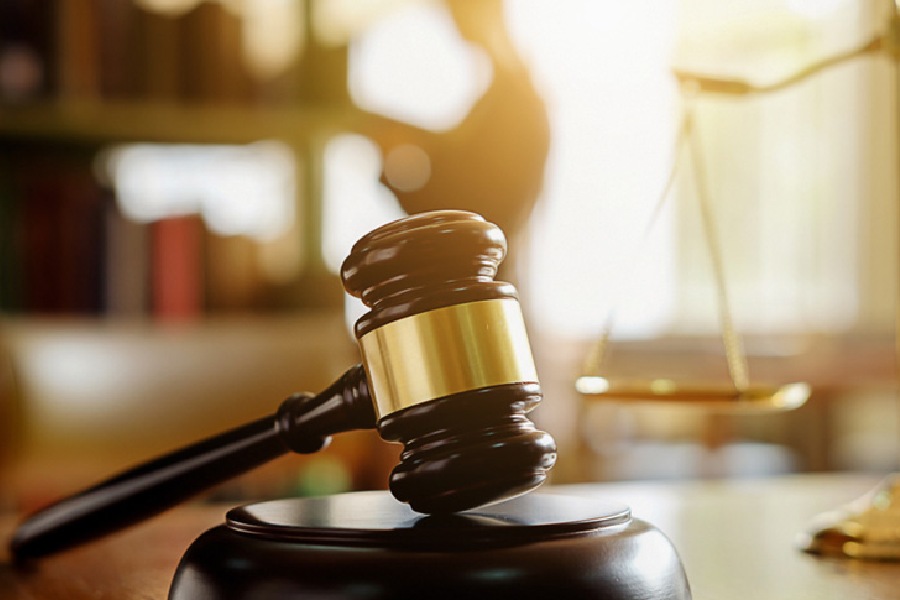The idea of majority and minority communities gained a disturbing edge since religious differences began dominating political and social discourse. At a recent hearing, the Allahabad High Court said that the majority community will become the minority if the current trend of religious conversions continues. The comment was made during the rejection of the bail plea from a person accused of converting persons from a village to a minority religion by taking them to so-called ceremonies in New Delhi, allegedly by giving them money. The complainant claimed that her brother, who had been thus converted, had mental health problems. The court said that congregations where conversions were carried out were being organised throughout the state. The targets often included scheduled caste and scheduled tribe members and the poor. Adding to this, the high court stated that all gatherings where conversions took place should be immediately stopped. Illegal conversions had to be prevented. The constitutional right to the free profession, practice and propagation of religion meant its promotion, not the right to convert others.
It could seem that certain sections of citizens are vulnerable to conversion: incapable of self-determination and apparently unable to think for themselves. Such an assumption would make all conversions illegal, since they would be seen as innately deceptive. A court direction to stop gatherings where conversions might take place could allow the State to intervene in meetings conducted by minority religions as well as in personal wishes to convert. These powers could increase discrimination in Uttar Pradesh where the manifestations of Hindutva and minority-repression are often violent. How the Constitution is to be interpreted in the matter of religious propagation is a different matter, but the right to personal space and the freedom to choose are the hallmarks of any civilised society. Most striking, however, was the high court’s remark that the majority population will become the minority. As known so far, Hindus comprise 79.8% of the population, Muslims 14.2%, Christians 2.3% and Sikhs 1.7%. Unfortunately, the comment suggests that the scale of conversions is such as to overcome this difference. Census figures, however, indicate a decline in the percentage of the minority community that the high court is referring to. The court’s comment could, therefore, be misinterpreted at a sensitive time, as its perception would carry enormous weight.











